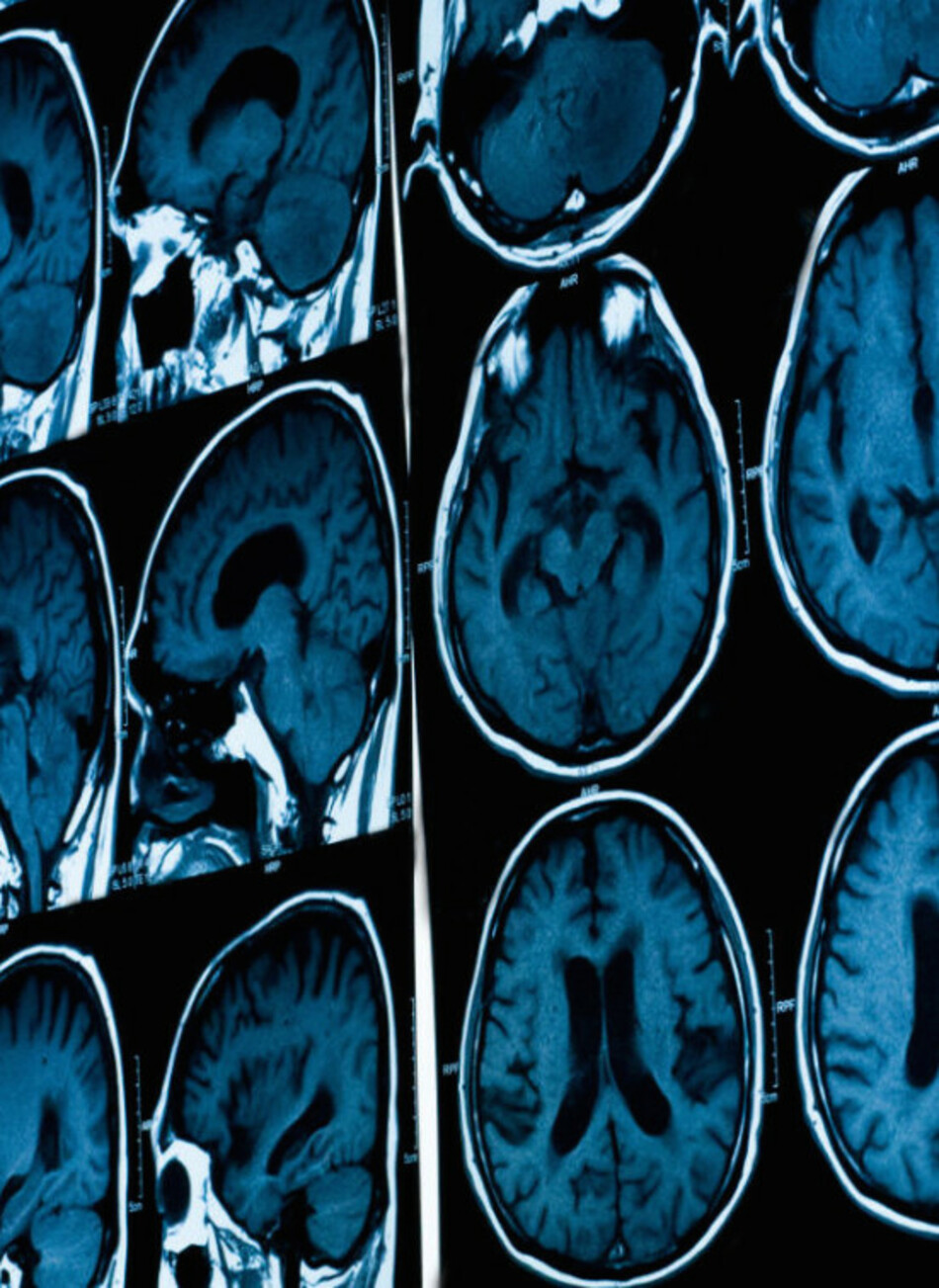
Episode Transcript
Interviewer: Errors in medical diagnosis can come with a steep price and are more common than you think. We'll talk about that next on The Scope.
Announcer: Examining the latest research and telling you about the latest breakthroughs. The Science and Research show is on The Scope.
Interviewer: I'm talking with Dr. Michael Cohen, professor of pathology at the University of Utah School of Medicine. He was a panelist on a report about improving diagnosis in health care. Dr. Cohen, what exactly does that mean?
Dr. Cohen: It is the failure to establish an accurate and timely explanation of the patient's health problem, or problems, or in communicating that explanation to the patients. So the key words in this definition are, accurate, timely and communication.
Interviewer: And how often does this happen? Or do we know?
Dr. Cohen: We did ultimately conclude that everybody, that's each of us in this country, will experience a diagnostic error during their lifetime.
Interviewer: Unfortunately, that has happened to you.
Dr. Cohen: I had originally gone to my primary care physician, and this is about a dozen years ago, complaining of chest pain. Which he ultimately ended up ascribing to reflux, or heartburn, if you will. I had a chest x-ray at that time which in retrospect showed an abnormality that was not followed up on. Certainly I was not informed of that diagnosis or the abnormality on the chest x-ray.
About two and a half years later I presented to the emergency room with severe chest pain, and at that time imaging studies including a chest x-ray and CT scan showed a modest size tumor which turned out to be lung cancer.
Interviewer: What kind of treatments are you undergoing now?
Dr. Cohen: Initially I had surgery, and that was as they say, with curative intent. But a few years later I actually had a recurrence since then. So roughly the last six years I've been under one form or another of continuous chemotherapy.
Interviewer: Are you doing okay?
Dr. Cohen: Yeah, I'm doing well. I'm truly fortunate despite the diagnostic error.
Interviewer: If they had caught this earlier, do you think things might have gone differently?
Dr. Cohen: I believe so. My hope would have been that I would have had surgery and that would have been the end of it.
Interviewer: So the report outlines the problem, which we've talked about. But also offers some guidelines for moving forward. And one of those guidelines is about increasing teamwork amongst health care providers. What does that mean exactly?
Dr. Cohen: I think the notion, perhaps the historical notion, that diagnoses are made by individual physicians in their office after seeing the patient and performing a history and a physical examination, and perhaps doing a few laboratory tests is really outdated.
The diagnoses are very complicated and requires the input from multiple health care professionals. And the committee's feeling, I would add strong feeling, was that the patient is really at the center of all of this. It has to be an integral part of the team.
Interviewer: And with the health care providers working as a team, the idea is that there's input from different specialties so that they can sort of come at a consensus of what different test results mean?
Dr. Cohen: That would be part of it. And obviously, each specialty has his own area of expertise. So if I can be a bit provincial and talk about pathology, pathology is much about diagnosis based on body fluids, principally blood or tissue specimens. But there are a huge array of tests.
Our reference laboratory offers about 3,500 different tests and for any one physician to be cognizant about which the right tests are for a specific diagnostic possibility is not likely, and thus calling on a pathologist for guidance about which test to do, or perhaps even the interpretation of the test, is just an example of how teamwork could be enhanced.
Interviewer: And what are some other guidelines that came out of the report?
Dr. Cohen: Many of the issues relate to what is referred to as systems problems. So people are well intentioned, they're trying to do the right thing, but the system is set up in a way to not facilitate the job that they're trying to do.
The last point I would make, and this is just a subset of the recommendation, is that a different culture needs to be created where one can learn from diagnostic errors, or so called near misses, and that they can be shared in a transparent and non-punitive fashion. I think implicit in that will be a need to reform the medical liability system so that the knee jerk reaction to sue the physician or the health care organization doesn't necessarily happen.
Interviewer: Obviously there are no quick fixes to any of this. What are the next steps you think need to happen?
Dr. Cohen: So the report has been issued and the committee has been disbanded, thus it's hope that this report will bring attention to this and that a variety of different stakeholders that are involved in health care in this country will now take up the charge, if you will, and help to implement the goals that were set forth in the report.
Interviewer: Is there anything else you want to make sure to add?
Dr. Cohen: I guess that I would just like to reiterate that this is an important problem, it's a complex problem, and this is very much a patient focused effort. And so again, I would note that the patients really need to be advocates, or perhaps the patient's families, in ensuring they get the best health care that's available.
Announcer: Interesting, informative, and all in the name of better health. This is The Scope Health Sciences Radio.